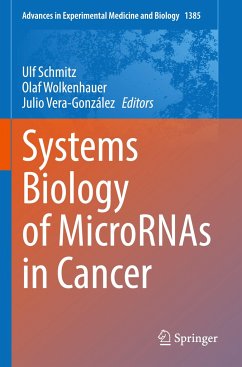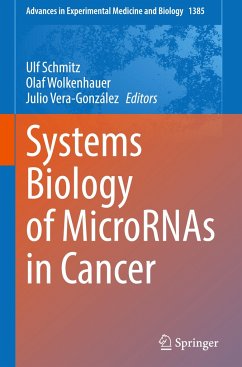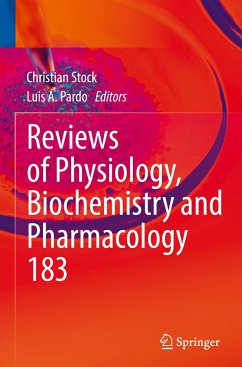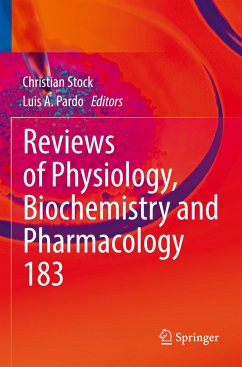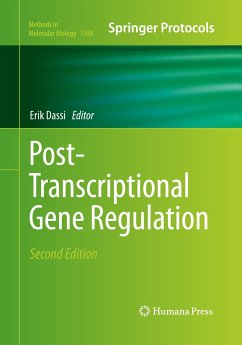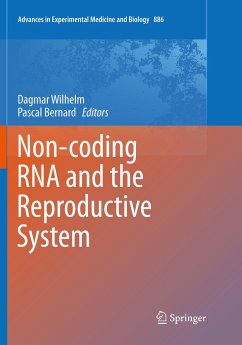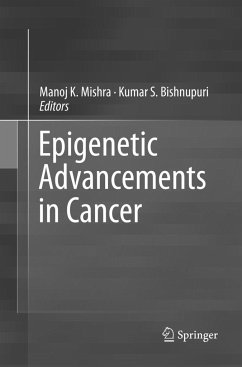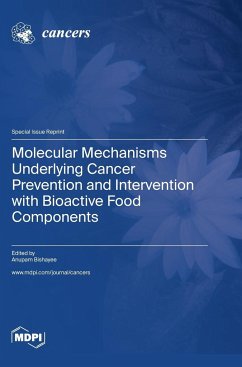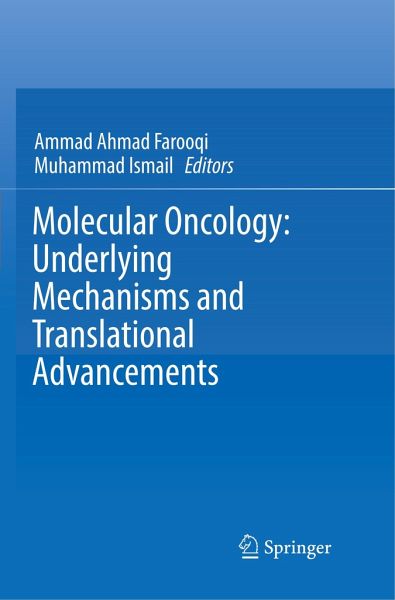
Molecular Oncology: Underlying Mechanisms and Translational Advancements
Versandkostenfrei!
Versandfertig in 6-10 Tagen
83,99 €
inkl. MwSt.

PAYBACK Punkte
42 °P sammeln!
Cancer is a multifaceted and genomically complex disease and data obtained through high throughput technologies has provided near complete resolution of the landscape of how genomic, genetic and epigenetic mutations in cancerous cells effectively influence homeostasis of signaling networks within these cells, between cancerous cells, tumor microenvironment and at the organ level. Increasingly sophisticated information has helped us in developing a better understanding of the underlying mechanisms of cancer, and it is now known that intra-tumor genetic heterogeneity, cellular plasticity, dysreg...
Cancer is a multifaceted and genomically complex disease and data obtained through high throughput technologies has provided near complete resolution of the landscape of how genomic, genetic and epigenetic mutations in cancerous cells effectively influence homeostasis of signaling networks within these cells, between cancerous cells, tumor microenvironment and at the organ level. Increasingly sophisticated information has helped us in developing a better understanding of the underlying mechanisms of cancer, and it is now known that intra-tumor genetic heterogeneity, cellular plasticity, dysregulation of spatio-temporally controlled signaling cascades, and loss of apoptosis are contributory in cancer development, progression and the development of resistance against different therapeutics. It is becoming progressively more understandable that earlier detection of pre-existing or emerging resistance against different therapeutics may prove to be helpful in personalizing the use of targeted cancer therapy.
Despite the fact that there is a continuously increasing list of books, being guest edited by researchers, books on the subject are often composed of invited reviews without proper sequence and continuity and designed for a particular readership. This book progressively shifts and guides the readers from basic underlying mechanisms to translational approaches to treat cancer.
Despite the fact that there is a continuously increasing list of books, being guest edited by researchers, books on the subject are often composed of invited reviews without proper sequence and continuity and designed for a particular readership. This book progressively shifts and guides the readers from basic underlying mechanisms to translational approaches to treat cancer.





